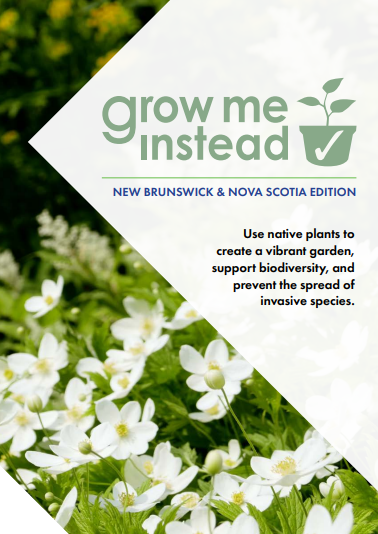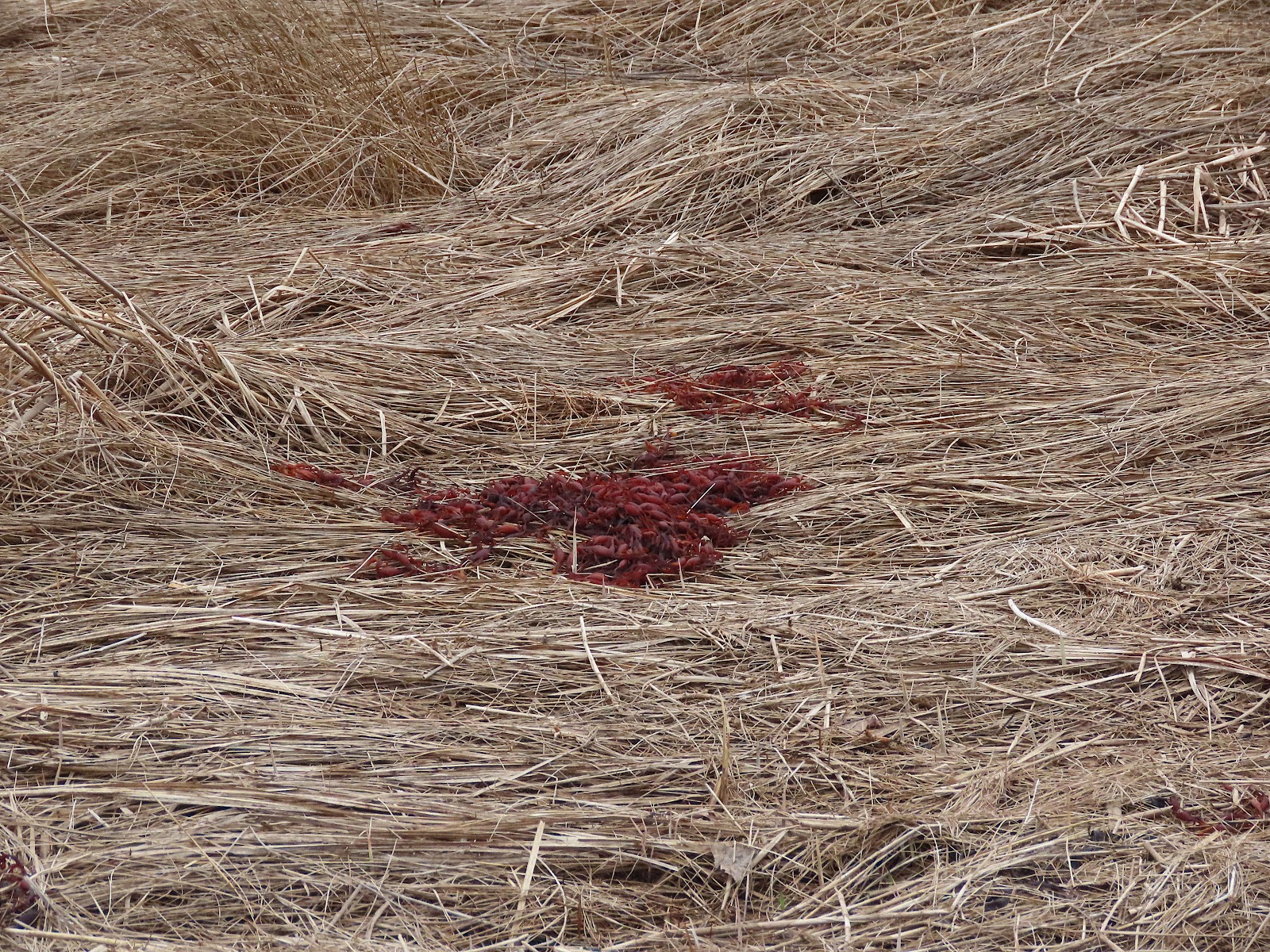NATURE MONCTON NATURE NEWS
April 28, 2025
Nature Moncton members, as well as any naturalist in New Brunswick or beyond, are invited to share their photos and descriptions of recent nature sightings to build a fresh (almost) daily edition of Nature News
To respond by e-mail, please address your message to the information line editor, nelsonpoirier435@gmail.com .
Please advise the editor at nelsonpoirier435@gmail.com and the proofreader Louise Nichols at Nicholsl@eastlink.ca if any errors are noted in wording or photo labelling.
For more information on Nature Moncton, check the website at www.naturemoncton.com
Proofreading courtesy of Nichols nicholsl@eastlink.ca
To view the live feed of the Peregrine Falcon nest cam on the summit of Assumption Place in Moncton, go to:
**Susan and Fred Richards went to a meeting of the Westmorland Horticultural Society last week. Arabella LeBlanc from the Petitcodiac Watershed Alliance gave a presentation in which she spoke about rain gardens. The presentation was very informative, and there was a reference to a document on the NB invasive species website that supports growing Native species instead of the normal garden center varieties, as well as what not to plant. Gardeners in our group might appreciate this very well-made guide, which can be downloaded for free at the following link:
**A friend of Catherine Johnson got a trail cam photo of a wild cat on Friday morning in a rural area near Mechanic Settlement, deeply sloped with mixed forest. The clearing is where her friend has a woodland trailer. There is an abundance of snowshoe hares.
(Editor’s note: Bobcats in southern New
Brunswick far outnumber lynx, so default says this should be a bobcat.
Unfortunately, the photo does not show the arrangement of the black tail tip to
help differentiate the two. The legs, especially the hind ones, do seem long,
which is more consistent with the lynx. It’s challenging to be certain and
suspect that only the cat knows for sure. Hopefully it will drop by that trail
cam for more photos.)
**Seaweed is an aquatic plant we seem to take for granted. Shannon Inman shares some photos of seaweed that caught her attention. A consultation with Anne Bardou gives a commentary which may make us all appreciate seaweed a bit more. I am quoting Anne below:
"The seaweed is Ascophyllum nodosum, commonly known as knotted wrack or rockweed. It is in the brown seaweed family. It is the dominant species on rocks in the mid to low intertidal zone. It can grow fronds that are several feet long. The smooth, bladder-like structures help the seaweed to float at high tide. When Ascophyllum reproduces, it develops bumpy bladders, usually yellowish, which contain the gametes. Plants are either male or female.
Although this abundant seaweed shelters a lot of marine life at low tide and high tide, an amazing contribution to ocean environments is made after it has broken off the rocks, washed up on the shore, and subsequently decays into a nice brown slug-like substance. This gets carried back in the ocean with the tides, contributing lots of nutrients.
I am not sure what gives it this red colour on Shannon's photos. I have seen this colour too this spring on beaches around Saint John. It could be linked with the season or temperature. I have also seen it dark brown and olive green. But it is all the same species -- Ascophyllum nodosum."
**Brian Stone was looking out his kitchen window at the rain falling in his back yard on Sunday morning when a very damp red fox appeared and wandered around the edges of the yard for a few minutes, just long enough for a few "sudden panic" photos to be snapped. This is the second time this month that the fox has been seen in the yard, and Brian is now becoming a more frequent window watcher, hoping for more sightings.
Nelson Poirier.
Nature Moncton






